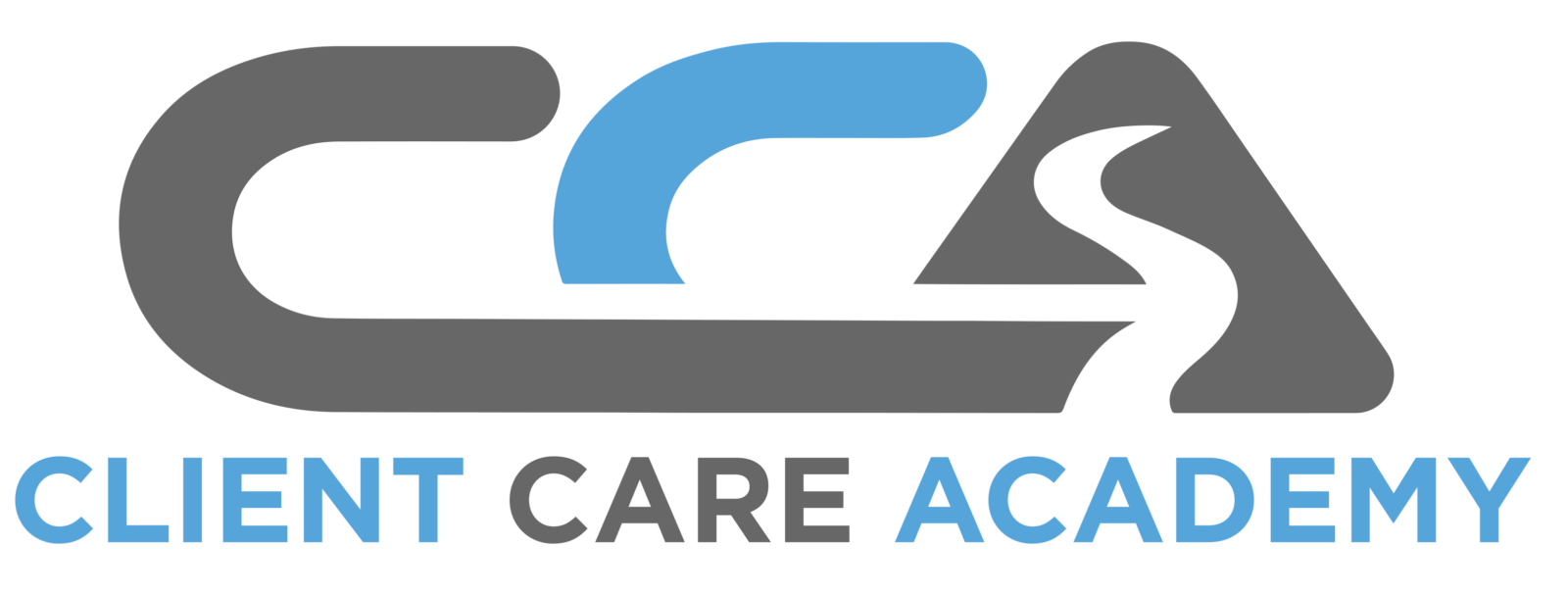An Essential Part of the Estate Planning Process – A look at how the family meeting plays a part in the traditional estate planning process and the new paradigm in estate planning, the client care program, published in The WealthCounsel Quarterly.
An estate plan will more likely accomplish a client’s goals if the client is properly educated about estate planning, knows the mechanics of and regularly reviews his plan, updating it as necessary. Despite his understanding and knowledge, however, the client will not be there to actually implement the plan after death. Those individuals who are left to implement the plan – typically family members or friends nominated as the executors, trustees and guardians – may not learn about the existence of an estate plan until after their loved one has died. In other words, it makes little difference whether your client understands the intricacies of his plan if those fiduciaries who are expected to implement the plan know little, if anything about the plan, its intent or the fiduciaries’ roles and duties.
Many clients do have a conversation with the executors, trustees and guardians which usually includes a humble request to act as an executor, trustee or guardian and an honored response by the executor, trustee or guardian of their willingness to help in any way. This is typically the extent of their conversations. The estate plan and the individual fiduciary’s role are rarely discussed or revisited until after the death of the client.
When the client dies, the fiduciary is thrust into his role as executor, trustee or guardian and is expected to take action. At the same time, and while grieving the loss of a loved one, they may also be juggling other practical issues including having to locate, identify and organize personal and financial items left behind by the deceased or cleaning out the family home with decades worth of sentimental items. They may also be dealing with strained relationships with other family members or friends, which typically results from the emotional impact of the death of a loved one. It can be very difficult for fiduciaries to learn about their roles and take action regarding the estate plan while in the grieving period. The perceived complexity and legalities may cause the fiduciaries to fail to act, procrastinate, shut down or abdicate the process to other professionals thereby increasing the cost of and decreasing their control over the probate or trust administration process.
Clearly, early communication with and education of the fiduciaries would be optimal. The estate planning attorney is required, however, to keep client confidences. Unfortunately, this rule, in conjunction with the evidentiary protection of the attorney-client privilege, forecloses such communication. However, when the client consents to the attorney communicating with the fiduciaries and selected family members the specific plan and any special issues in an estate plan, many of the obstacles and conflicts inherent in implementing the estate plan can be avoided, where families are close and are not in conflict. This is especially true if a comprehensive estate plan builds in safeguards to minimize conflicts.
Therefore, an alternative to traditional planning is a new paradigm in which the client has the opportunity during life to communicate to selected family members and fiduciaries in a family meeting setting what his estate plan is and how the plan should be implemented. The family meeting should take place after the documents are signed and assets are funded. The family meeting should include the client, guardians, trustees, executors, selected family members, the estate planning attorney, accountant and financial professional. The client will communicate his plan to the fiduciaries, but the estate planning attorney will be his interpreter. Having a third-party professional communicate the intent and mechanics of the plan to the family members and fiduciaries in the presence of the client is a powerful tool to help increase the chances that the plan will be implemented in a timely and efficient manner and will actually take care of the surviving family members.
The family meeting gives those who will need to implement the plan an opportunity to learn about it in a calm, relaxed and non emotionally charged setting. The fiduciaries and family members will have an opportunity to not only hear what the plan is but also have the opportunity to ask questions of the client and/or professional advisors. They hear about the plan directly from the client’s mouth, which adds life to any written instructions that are left. For families that are not in conflict these verbal instructions are oftentimes more helpful in guiding the fiduciaries actions and decision-making than the actual documents.
During the family meeting the family members and fiduciaries have an opportunity to meet and begin a relationship with those professional advisors who have been working with the client during life. The goal is to develop familiarity, mutual trust and an understanding of roles so that after the loved one dies there is a foundational relationship between the fiduciaries and those professionals on whom they will lean for guidance. This eliminates questions as to whether or not the advisors are truly looking out for the deceased client’s best interests.
Specifically, the family meeting is designed and intended to:
- Explain in general terms what steps the client has already taken with regard to their estate plan, but more importantly the reason why they have taken certain steps or planned in a certain manner.
- Educate the fiduciaries with regard to the mechanics as well as the intent of the plan.
- Explain the roles of the various fiduciaries and prepare the family members as to what they need to do if the client becomes disabled or dies.
- Explain the process that the professional advisors will go through and some of the questions and information they may be asking of the family members upon a death or disability.
- Build relationships between the fiduciaries, family members and professional advisors.
- Build the professional team’s credibility with the fiduciaries and family members left behind through the affirmation of the client while the client is alive and well.
- Disclose in general terms any investment policy statements
- Allow the family members to ask questions in a comfortable setting.
One of the common concerns that clients have regarding the family meeting is the potential disclosure of assets to the family members. This objection is easily addressed since no one knows when the family member will die or what will be the character or value of the assets when the client dies. One suggestion is for the attorney to state that the primary estate planning goal is for the client to spend and enjoy all of his money and that the attorney is simply disclosing the “contingency plan” if the client does not accomplish his primary goal of spending all that they have.
By conducting a family meeting, the potential for misunderstanding, family objections, confusion, delay and loss of control is reduced. There has already been a “dress rehearsal” of roles and responsibilities; a relationship has already been established between professional advisors and family members and a forum for questions and concerns has been provided. The client and estate planning attorney must not only create the estate plan but also make sure it is implemented so that the plan actually takes care of the client’s family after the client’s death. The family meeting is one more tool that can be easily incorporated into the estate planning process to assist the client and estate planner in doing so.
Vincent E. Bonazzoli is the principal and sole owner of the Family Estate Planning Law Group (www.vbestateplanning. com) located in Lynnfield, Massachusetts. The firm provides more than 300 families with Advanced and General Estate Planning, Retirement and Business Planning, Wealth Strategies & Planning, Trust and Estate Administration, Probate Administration and Medicaid Planning. In 2001, the firm launched a mandatory updating program for clients, providing them with continuous estate planning counsel. Mr. Bonazzoli has lectured on and conducted family meetings since 2003. He is also a Senior Practice Advisor for Atticus, Inc., coaching attorneys in building sustainable, profitable law firms and supporting attorneys in achieving balance in their professional and personal lives. 2 The Family Meeting: An Essential Part of the Estate Planning Process By: Vincent Bonazzoli © 2010 WealthCounsel LLC. WealthCounsel® is a registered trademark of WealthCounsel LLC. All rights reserved




